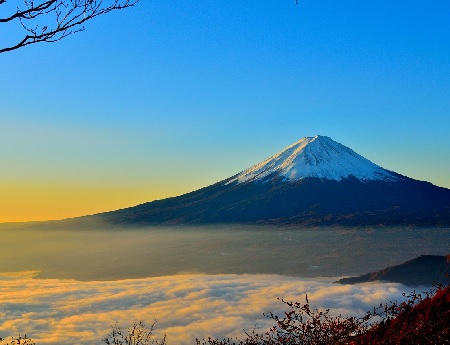
In 1994 Krakow witnessed the opening of the Manggha Museum of Japanese Art and Technology, created on the initiative of the Kyoto-Krakow Foundation of Andrzej Wajda and Krystyna Zachwatowicz-Wajda. The name of the Museum is a tribute to the collector of Japanese art, Feliks Jasieński (1861–1929), who, fascinated with Japanese woodblock prints, adopted this artistic pseudonym. The conference marks the 30th anniversary of Manggha foundation.
The word "manga" sparkles with ambiguity. It is commonly associated with Japanese comics, although art experts tend to associate it with sketches by such ukiyoe masters as Katsushika Hokusai, for example. It brings to mind the museum in Krakow and the figure of Feliks Jasieński. Manga combines high culture and pop culture, past and present, art and technology, East and West. Manga teaches and entertains, inspires and irritates. And so does Japan.
The theme of the conference is "ambiguity and diversity." Japan can be "read" in many ways. It would be a truism, of course, to say that Japan is a country full of contrasts, combining tradition with modernity. It is also easy to be tempted to exoticize and "deconstruct" Japan. However, the world changing at a dizzying pace creates new contexts for interpreting social and cultural phenomena, and often sharpens images from history that have faded in our memory. For example, contemporary worldview frictions are shedding new light on pre-war Japan, which stood up against the Western narrative of the world order. On the other hand, understanding the processes that changed and shaped Japan since the mid-19th century can help clarify our contemporary disputes over the historical narrative, reckoning with the colonial past, or the vision of the education system. Today's concerns about the rapid development of AI technology can help us understand the soul of 19th-century Japanese, who were told almost overnight to adopt a new way of understanding the world. Faced with new knowledge and new facts, our perceptions of Japan are broader and more multifaceted, and its picture more complex. It is expected that by sharing the results of our work and reflections, the participants will educate and inspire each other, but also, and perhaps most importantly, develop good, friendly relations.
The conference is a return to the good tradition of live meetings. The organisers are not planning online lectures or a long series of presentations. By creating an opportunity for academic discussion, they believe that the most creative ideas can arise over coffee, during casual conversation in between lectures.
Specialists representing Japanese studies in the broadest sense are invited (literary studies, linguistics, history, art history, social and political sciences, cultural studies, religious studies and philosophy). The conference languages are English and Japanese.

